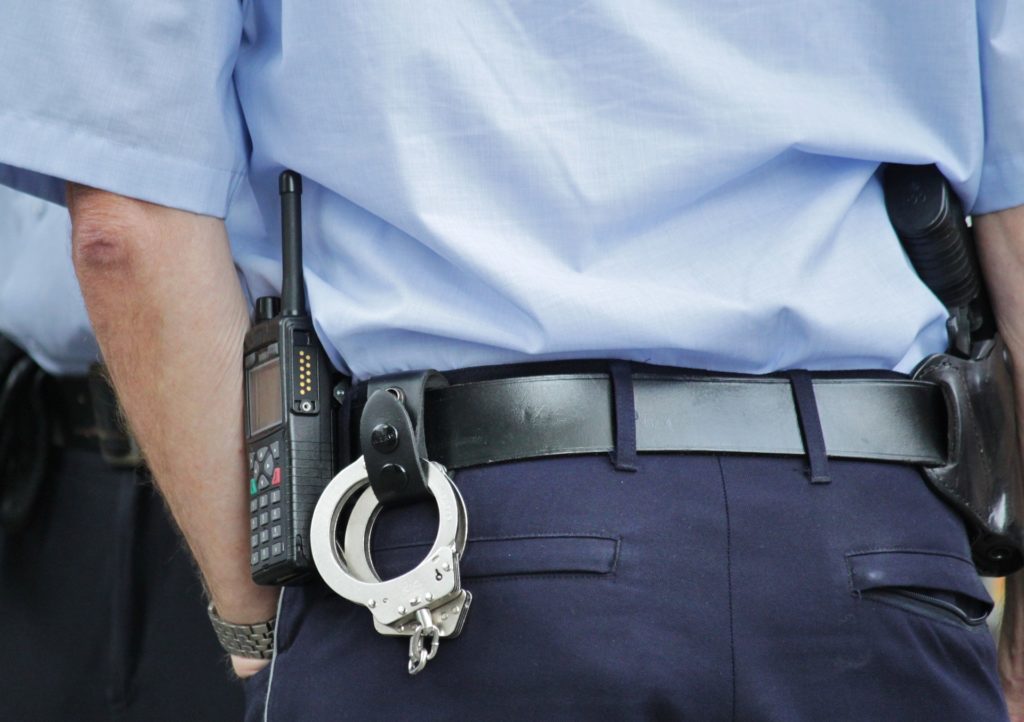Navigating the criminal justice system in Alabama can be overwhelming, especially for those who are facing charges. Despite the common belief that individuals have a good grasp on how the system works, this understanding may be based on inaccuracies portrayed in popular media. To clear up any misconceptions and provide a better understanding of the process, we have outlined the stages of the Alabama criminal process.
The criminal defense process in Alabama typically begins with an arrest and booking, followed by an initial appearance before a judge. The judge will inform the defendant of the charges against them and set bail.
Next, the defendant will have a preliminary hearing, where the prosecution presents evidence to show that there is probable cause to believe the defendant committed the crime. If the judge finds probable cause, the case will proceed to a grand jury, which will decide whether to indict the defendant. A Preliminay heaing must be requested and if not requested within thirty days of arrest, the case will be deemed waived to the grand jury.
If the defendant is indicted, they will have the opportunity to enter a plea of guilty or not guilty. If they plead guilty, they will be sentenced by the judge. If they plead not guilty, the case will go to trial.
During the trial, the prosecution will present evidence and call witnesses to prove their case against the defendant. The defense will have the opportunity to present their own evidence and witnesses, and to cross-examine the prosecution’s witnesses.
If the defendant is found guilty, they will be sentenced by the judge. If they are found not guilty, they will be acquitted and released.
Additionally, there is an appeals process after the trial and the sentence, which allows the convicted person to challenge their conviction in a higher court and seek a new trial or a reduced sentence.
Let’s go a bit more in-depth and explain some key points of each step of the process.
Arrest and Booking
If law enforcement officials have probable cause, they will proceed to arrest you. After the arrest, one is processed at a local police station or jail. This includes taking one’s fingerprints, photograph, and recording the charges against them. It may also include a search and questioning by the police. It is important to remember that you are not obligated to speak with investigators and it is highly recommended that you do not speak with police until your attorney is present. Your Miranda Rights, guaranteed by the Constitution, give you the right to remain silent. However, there are a lot of myths surrounding Miranda Rights you should be aware of.
Arraignment and Preliminary Hearing
During the arraignment, the person arrested will appear in court and the formal charges against them will be read. The judge will confirm that the defendant is aware of the charges against them and ask for their plea.
Even if the defendant believes they are guilty of the crime, it is generally recommended for them to plead not guilty at the arraignment. It is important to consult with an experienced defense attorney before entering any plea.
The next step in the process is the pretrial conferences and hearings. The prosecution and defense will present their respective cases, and discuss the strengths and weaknesses of the prosecution’s case. The defense attorney may also begin negotiating a plea bargain with the prosecutor during this phase. A Preliminary Hearing must be requested within 30 days of the arraignment. This is a short-time and finding the right attorney to handle your case is important.
Trial and Sentencing
If the defendant pleads not guilty and no plea agreement was reached before the start of the trial then the trial process will begin. If the judge or jury finds the defendant guilty then this will lead to the sentencing phase before being transferred over to the department of corrections.
Tuscaloosa Criminal Defense
The consequences of a criminal charge in Alabama, whether you believe it is a minor or major offense, can be severe. It is essential to seek the assistance of a seasoned Alabama criminal defense attorney as soon as possible to safeguard your rights throughout the legal proceedings.
If you are currently facing criminal charges in Tuscaloosa or anywhere in Alabama, reach out to Travis Juneau at (205) 737-4696 or through our online contact form to schedule a consultation.
